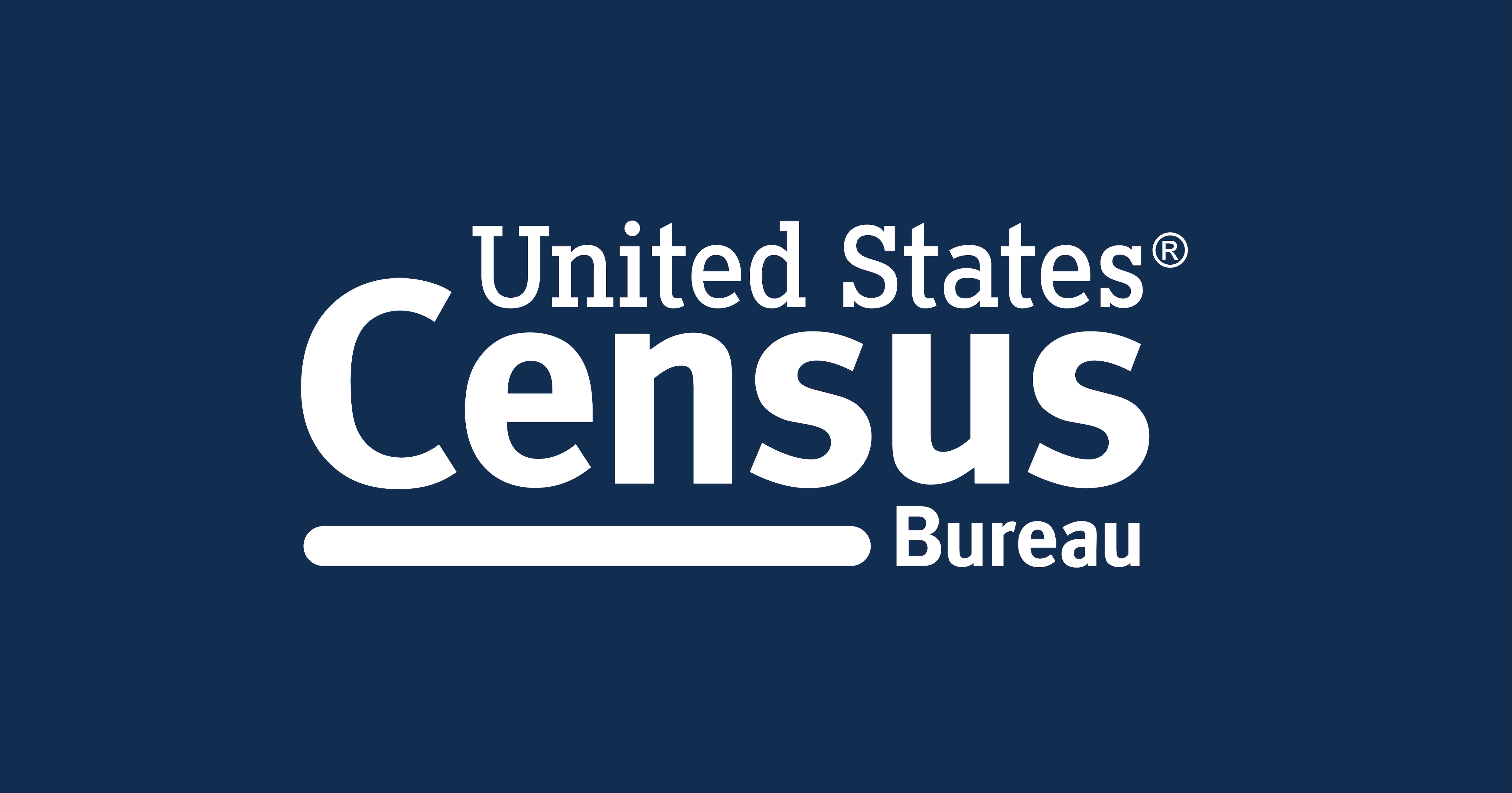I'm not so sure they were tricked into signing the loan contract
Ah, but they
were. They were promised that taking out these loans would be at most a short-term inconvenience, because there would be a position waiting for them on the other end which would pay enough that not only would they be able to easily pay back the loan, but also live well. And they believed this because they were idealistic teens with insufficient real-life experience to comprehend and visualize the magnitude of the tight budget and time commitments that would be required to acquire their desired degree and career before their loan money + savings is depleted.
Did the lenders make any attempt to educate their prospective borrowers on these details before collecting signatures? Did they periodically check in on their students during studies to make sure they were sticking to their goals, or to advise them of imminent changes to their declared field which might impact the trajectory of their study or their expected earning power? Did they dig further than a mere credit and asset check to make sure the borrower would actually be likely to succeed on their journey? No. No, they did not. And this blatant lack of anything resembling concern for the welfare of their borrowers shows that they cared nothing for the actual people, only for the payments they produce.
Oh, I’m sure I can hear your reply already, about how they entered into a business contract, and how that places certain obligations which must be fulfilled upon the signer/co-signer blah blah etc. But the lender’s enforcement/insistence is highly selective. Failed business loans get discharged in bankruptcy. Car loans get sold to collection agencies. When a mortgage defaults, the bank gets to keep the property. And in all of these cases, the bank gets to write down/off the loan on their balance sheets, declaring a loss on their taxes (while potentially getting to keep assets, such as houses). Not so with student loans. Student loans are structured so they CANNOT be discharged
except through payment in full OR the death of all the named borrowers. There are some exceptions for public service, but this is less of a reward and more of an incentive to force (young) people into public service (which is traditionally NOT described using words like ”lucrative”) for an extended period of time (Up to twenty years, I think?).
The above is not the behavior of a merchant with goods to sell, it is the behavior of a recruiter, of a traveling
monorail snake oil salesman, or of a multi-level marketer. It is not the behavior of someone looking to
help a borrower, it is the behavior of someone looking for a
mark.
Really, just ask yourself this question: Being a “Federally Guaranteed Student Loan” means that the lender is protected in case the borrower defaults. The Federal Government takes over the debt and pays the lender to do so. Heck, the guaranteed loan program ended in 2010 and the gvt just handles them directly now rather than having to wait for the borrower to default (which kinda says something on its own, really). But what protection is there for the borrower? Answer:
There is none. Again—this is
supposed to be a government of/by/for the People, so why does it expend so much effort erecting such an elaborate safety net for lenders while completely ignoring borrowers (very specifically student borrowers, at that)? Answer2: because it really IS a net—one designed to allow lenders to capture (and hold!) large numbers of young adults with plenty of lifetime ahead of them with which to make payments. Endless payments at rates that
just barely allow borrowers to keep up with the loans, ensuring a persistent, steady stream of guaranteed income for decades to come.
—Patrick







